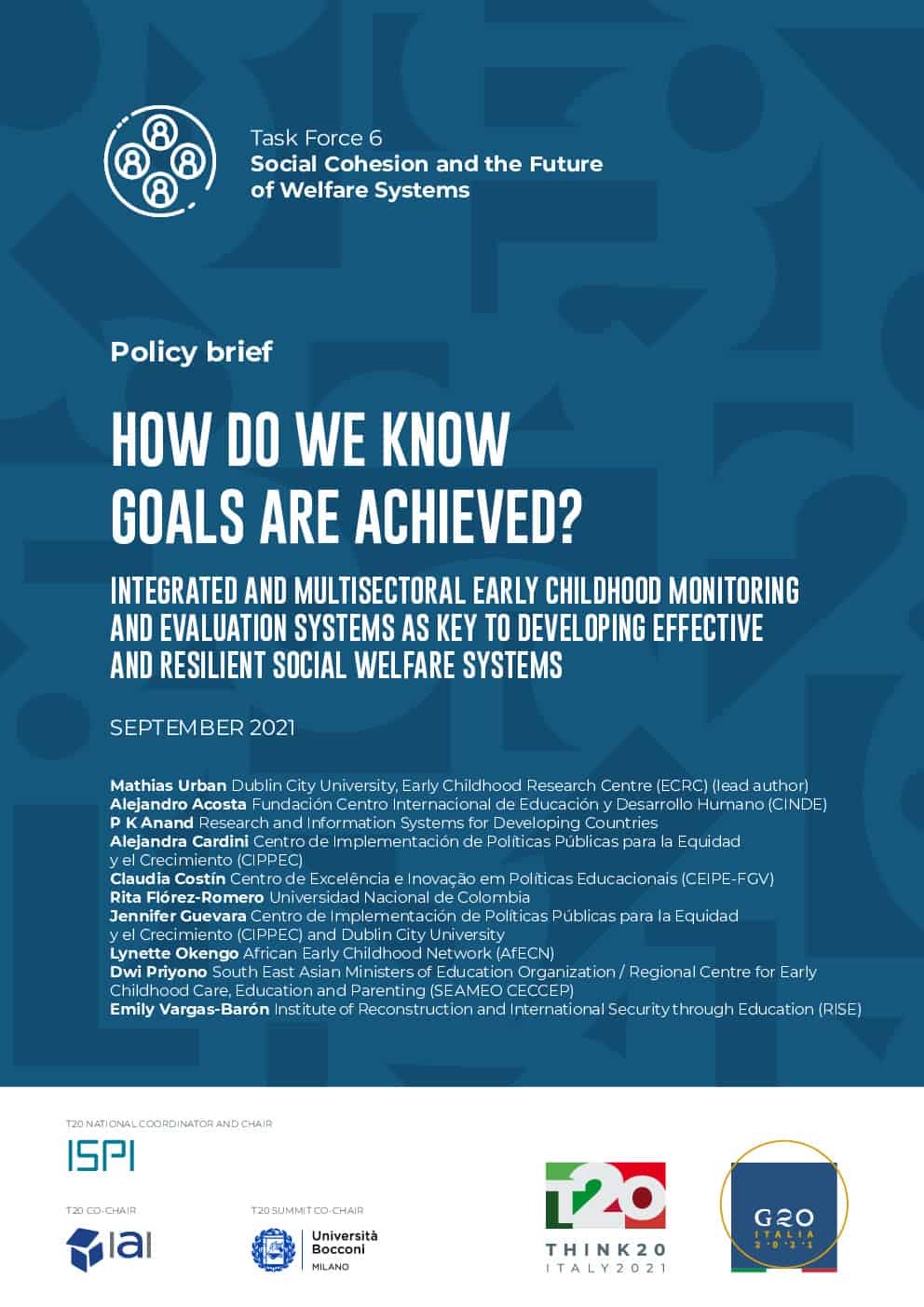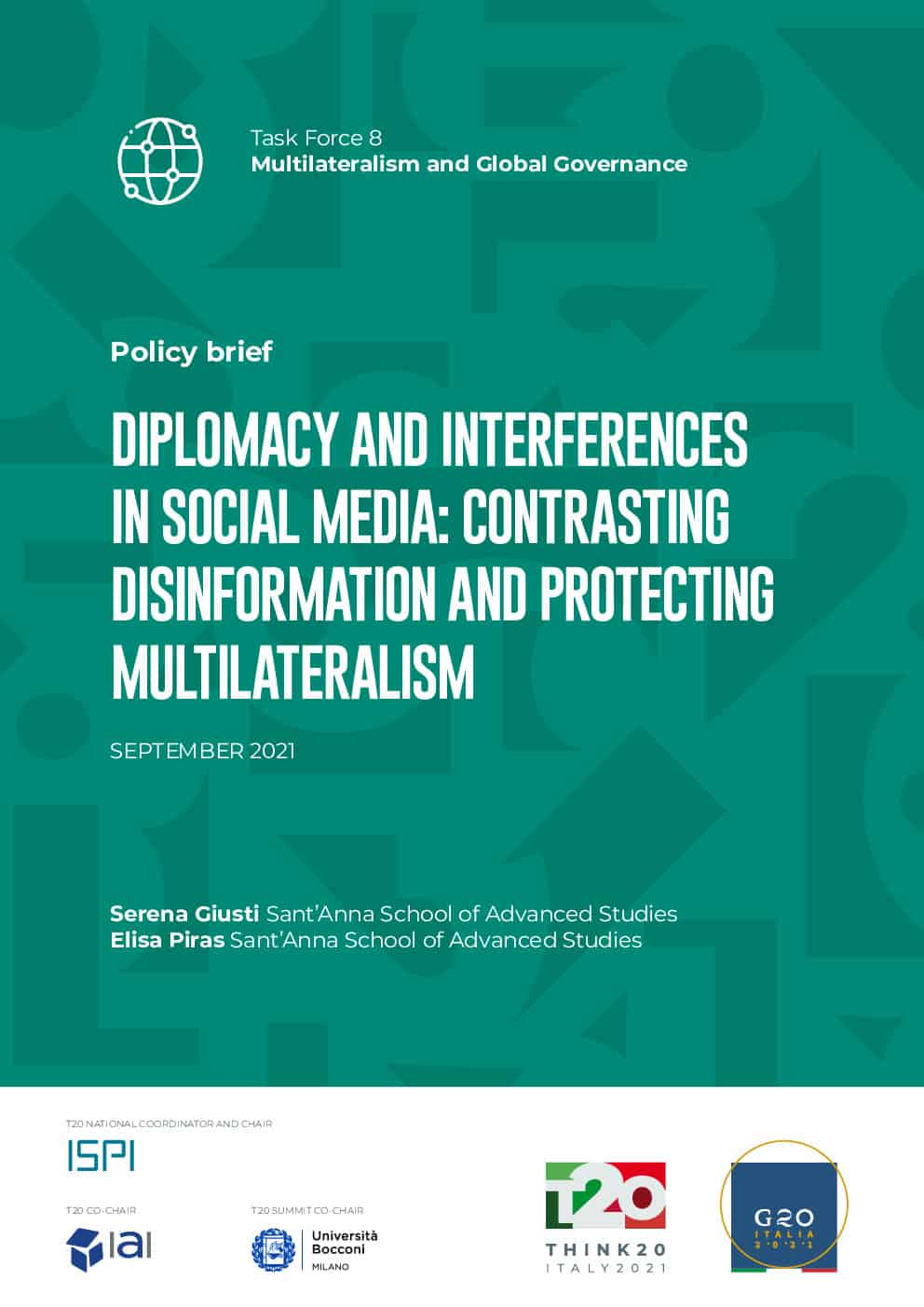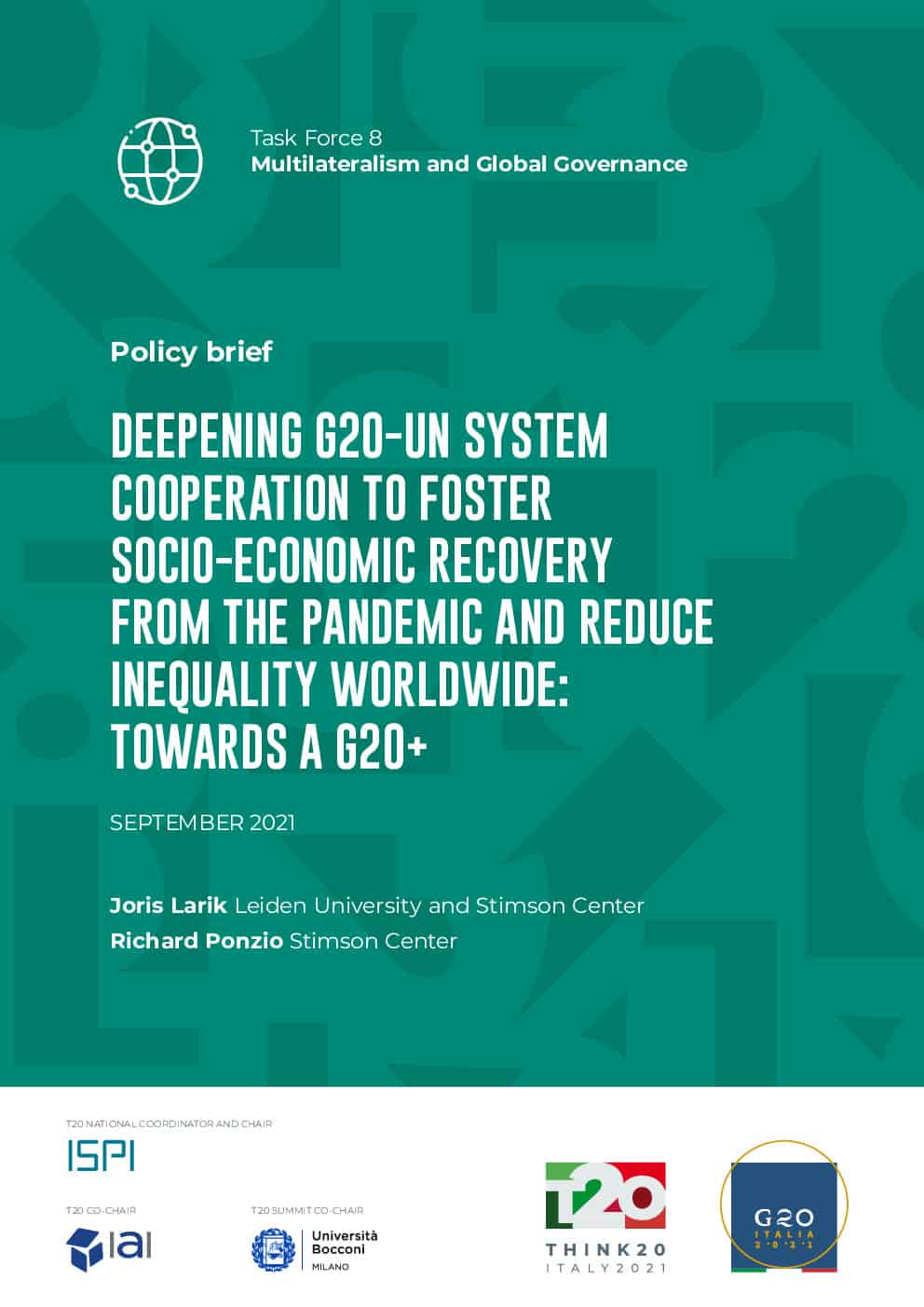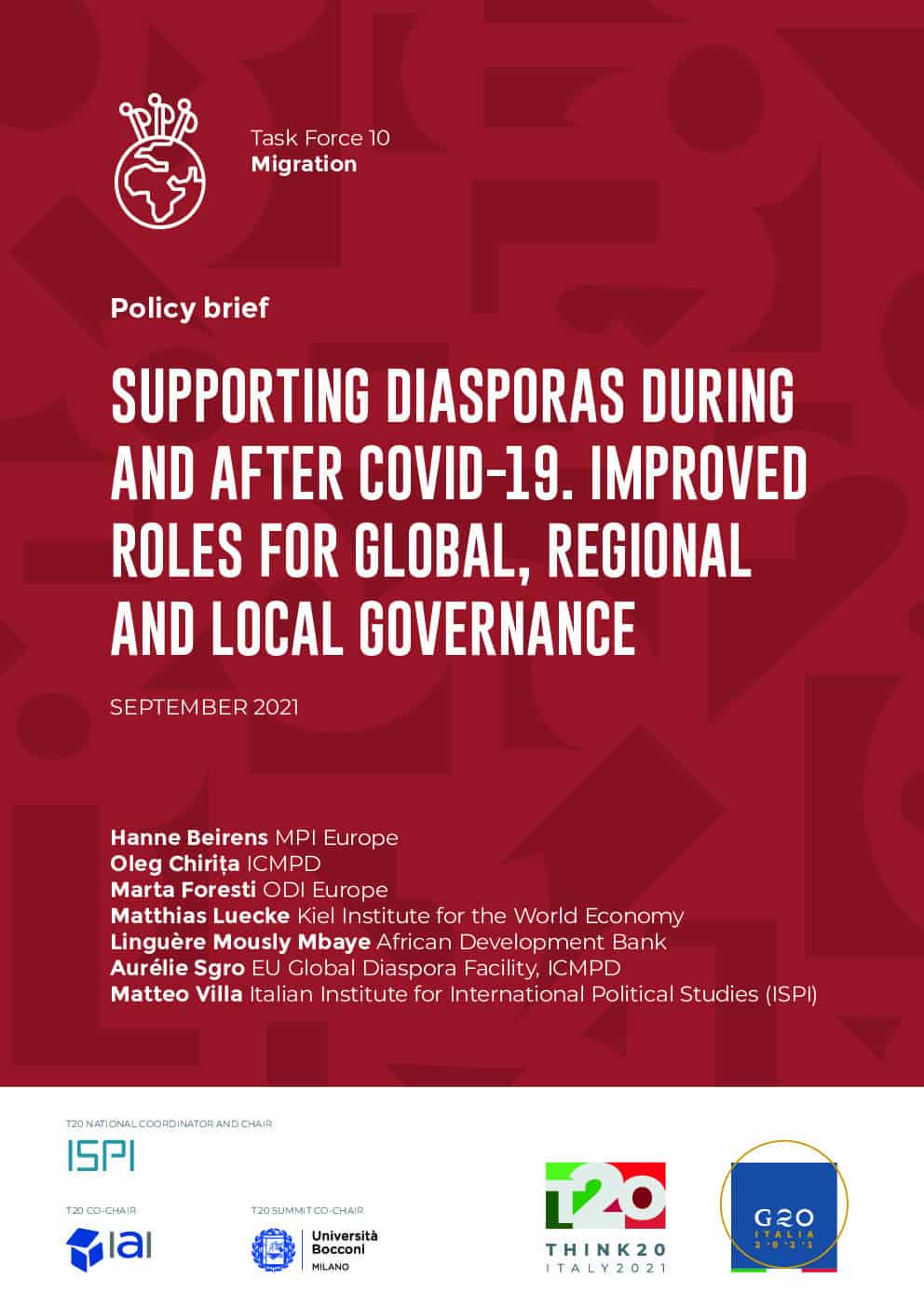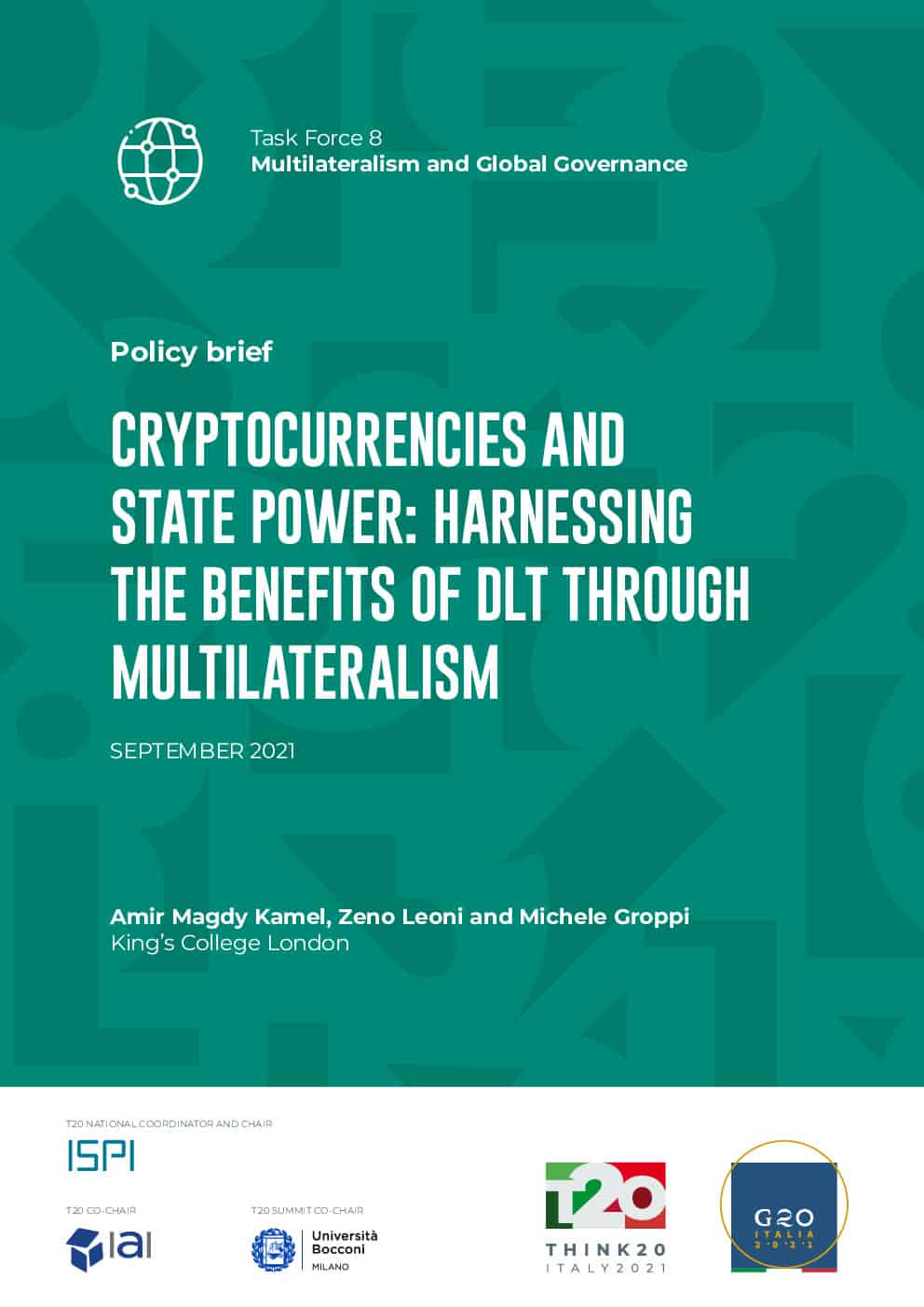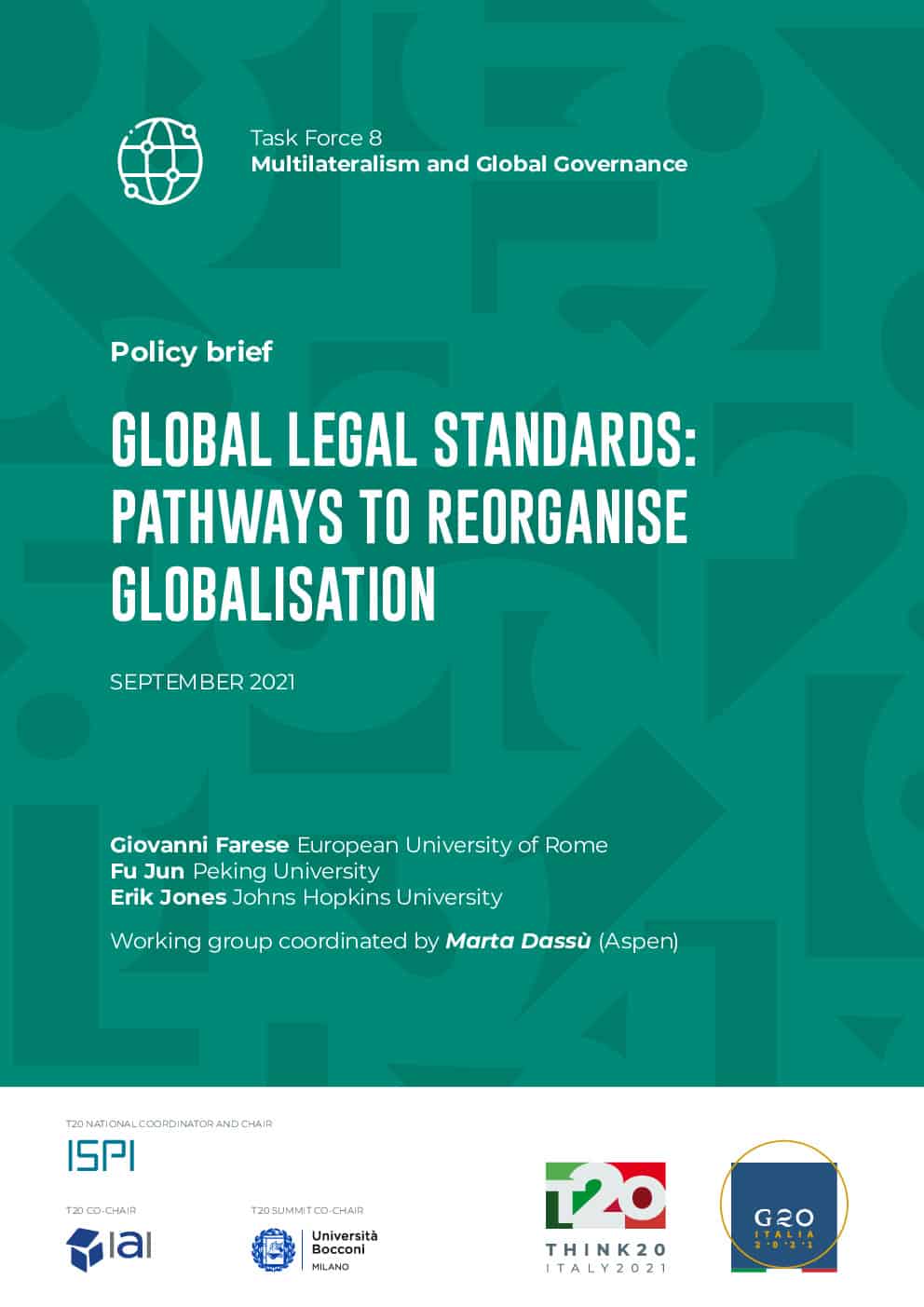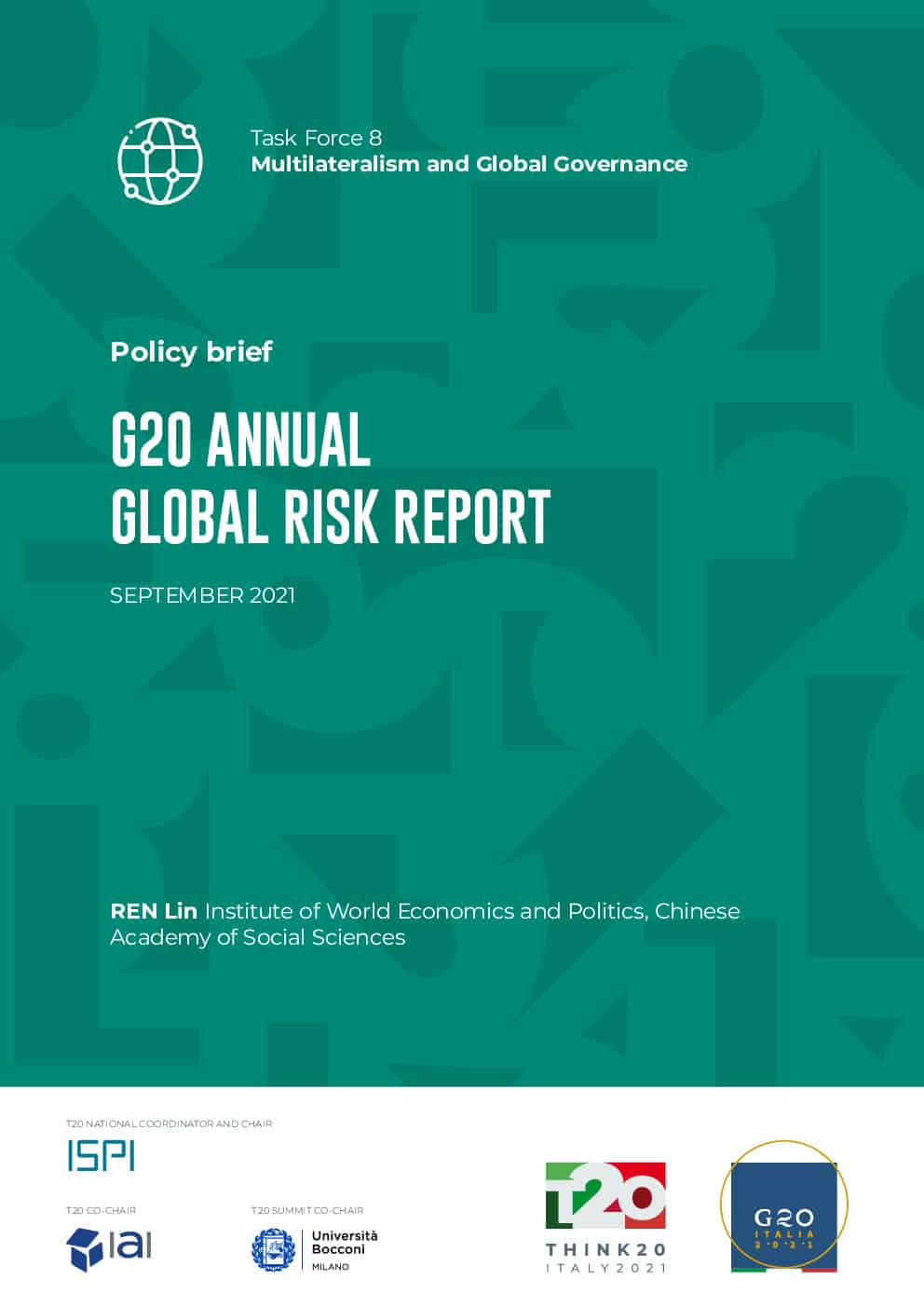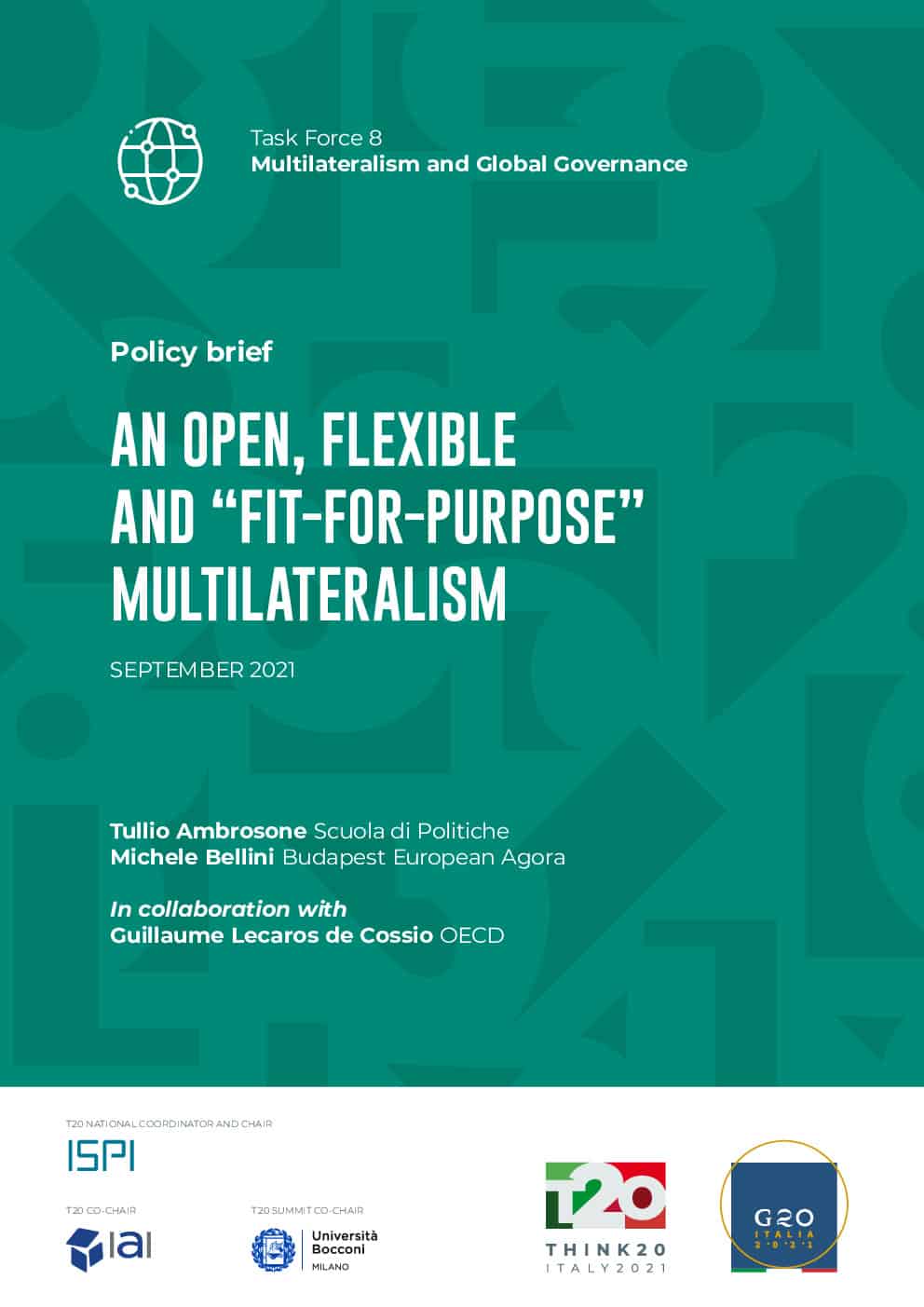Community session: Addressing the Geopolitics of Global Health Challenges Ahead
This session is curated by the World Health Summit. The G7’s engagement with global health before and during the COVID-19 pandemic leads to four lessons about the relationship between global health and geopolitics. They relate to the interface of domestic and foreign policy, the impact of geopolitics on pandemic response, … Read more

